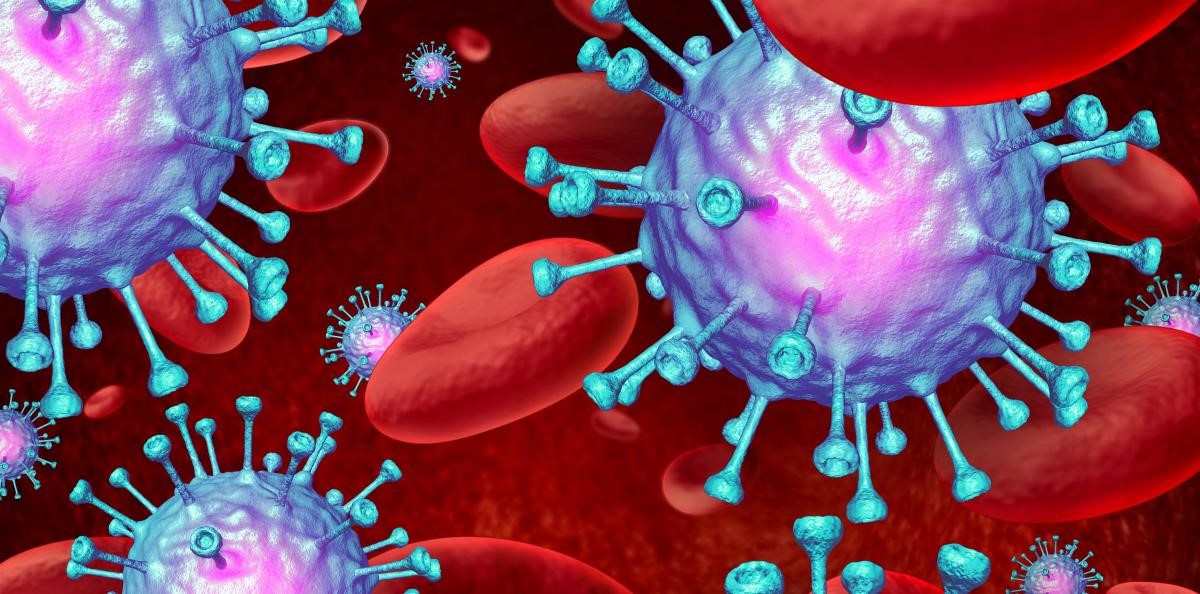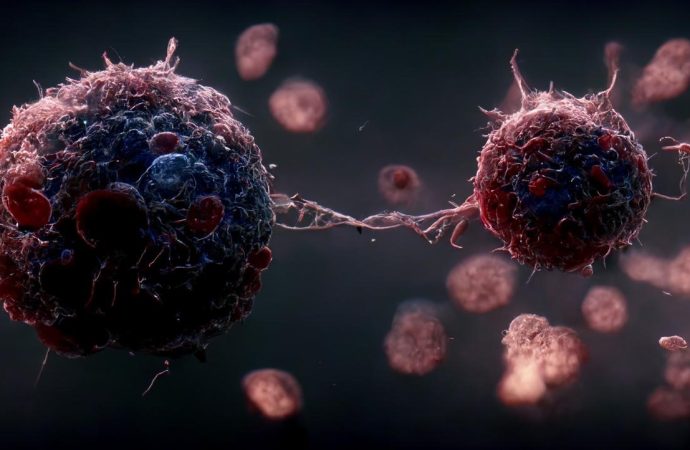Immunotherapy has emerged as one of the most promising frontiers in the fight against cancer and other diseases. Over the past decade, significant strides have been made, leading to the development of innovative treatments that harness the power of the immune system to combat malignancies. As we step into 2024, several new advancements in immunotherapy
Immunotherapy has emerged as one of the most promising frontiers in the fight against cancer and other diseases. Over the past decade, significant strides have been made, leading to the development of innovative treatments that harness the power of the immune system to combat malignancies. As we step into 2024, several new advancements in immunotherapy are poised to transform the landscape of medical treatment. This article delves into the latest breakthroughs and what they mean for patients and healthcare providers alike.
The Evolution of Immunotherapy
Immunotherapy involves stimulating or augmenting the body’s immune system to fight disease. Traditionally, cancer treatments have relied heavily on surgery, radiation, and chemotherapy. While these methods can be effective, they often come with severe side effects and may not always lead to a cure. Immunotherapy, on the other hand, offers a more targeted approach, potentially leading to fewer side effects and better outcomes.
Historical Context
The concept of immunotherapy is not new. The earliest attempts date back to the late 19th century when Dr. William Coley used bacterial infections to stimulate the immune system in cancer patients. However, it wasn’t until the late 20th and early 21st centuries that significant progress was made, thanks to advances in molecular biology and genetics.
Key Immunotherapy Advances in 2024
1. Personalized Cancer Vaccines
One of the most exciting immunotherapy advances in 2024 is the development of personalized cancer vaccines. Unlike traditional vaccines, which are designed to prevent diseases, cancer vaccines are therapeutic and aim to treat existing cancers. These vaccines are tailored to the unique genetic makeup of an individual’s tumor, making them highly specific and effective.
How They Work
Personalized cancer vaccines work by identifying neoantigens—mutated proteins found only on cancer cells. Scientists sequence the DNA of a patient’s tumor to identify these neoantigens, which are then used to create a custom vaccine. When administered, the vaccine trains the immune system to recognize and attack cancer cells harboring these neoantigens.
2. CAR-T Cell Therapy Enhancements
Chimeric Antigen Receptor T-cell (CAR-T) therapy has been a game-changer in treating certain types of blood cancers. In 2024, enhancements in CAR-T cell therapy are expected to broaden its applicability and improve its efficacy.
Next-Generation CAR-T Cells
Next-generation CAR-T cells are engineered to overcome some of the limitations of earlier versions. These new CAR-T cells can target multiple antigens simultaneously, reducing the risk of cancer cells evading detection. Additionally, they are designed to be more persistent in the body, providing long-term protection against cancer relapse.
3. Bispecific Antibodies
Bispecific antibodies are another promising advancement in immunotherapy. These engineered proteins can simultaneously bind to two different antigens, bringing cancer cells and immune cells into close proximity, thereby enhancing the immune response.
Mechanism of Action
Bispecific antibodies work by binding to a specific antigen on the surface of cancer cells and a T-cell receptor. This dual binding action effectively bridges the immune cell and the cancer cell, facilitating a more efficient and targeted attack on the tumor.
4. Immune Checkpoint Inhibitors
Immune checkpoint inhibitors have already revolutionized the treatment of various cancers, including melanoma and lung cancer. In 2024, new checkpoint inhibitors are being developed to target additional pathways, offering hope for patients with cancers that have been resistant to existing treatments.
Novel Targets
Researchers are exploring novel checkpoint targets such as LAG-3, TIM-3, and TIGIT. These new inhibitors aim to enhance the immune system’s ability to recognize and destroy cancer cells, potentially leading to more effective treatments with fewer side effects.
5. Microbiome Modulation
The human microbiome—the collection of microorganisms living in and on our bodies—has been found to play a significant role in modulating the immune system. In 2024, researchers are investigating how altering the microbiome can enhance the efficacy of immunotherapy.
Probiotics and Fecal Transplants
Studies are exploring the use of probiotics and fecal transplants to modify the gut microbiome in cancer patients. By promoting a favorable microbial environment, these interventions can potentially boost the effectiveness of immunotherapy and improve patient outcomes.

Picture by: Yandex.com
The Impact on Patient Care
The advancements in immunotherapy for 2024 are not just scientific milestones; they have profound implications for patient care. These new treatments offer hope for patients with cancers that were previously considered untreatable or resistant to existing therapies.
Improved Survival Rates
One of the most significant benefits of these immunotherapy advances is the potential for improved survival rates. Personalized cancer vaccines and next-generation CAR-T cells, for example, offer highly targeted treatments that can lead to better long-term outcomes.
Reduced Side Effects
Traditional cancer treatments often come with a host of debilitating side effects. Immunotherapy, by targeting cancer cells more precisely, tends to have a more favorable side effect profile. This means that patients can maintain a better quality of life during and after treatment.
Accessibility and Affordability
While the cost of immunotherapy has been a concern, ongoing research and technological advancements are expected to make these treatments more accessible and affordable. As more immunotherapy options become available, competition and innovation are likely to drive down costs, making these life-saving treatments accessible to a broader range of patients.
Challenges and Future Directions
Despite the promising advancements, immunotherapy is not without its challenges. Issues such as treatment resistance, high costs, and the complexity of manufacturing personalized therapies need to be addressed.
Overcoming Resistance
Cancer cells can sometimes develop resistance to immunotherapy. Ongoing research aims to understand the mechanisms behind this resistance and develop strategies to overcome it. Combination therapies, which use multiple immunotherapy agents or combine immunotherapy with traditional treatments, are being explored as a potential solution.
Cost and Manufacturing
The personalized nature of many immunotherapy treatments makes them expensive and complex to produce. Advances in biotechnology and manufacturing processes are essential to make these treatments more scalable and affordable.
Expanding Indications
While immunotherapy has shown great success in treating certain types of cancer, its efficacy in other cancers and diseases is still being explored. Researchers are working to expand the indications for immunotherapy, potentially broadening its application to a wider range of conditions.
Conclusion
The advancements in immunotherapy for 2024 represent a significant leap forward in the fight against cancer and other diseases. Personalized cancer vaccines, next-generation CAR-T cells, bispecific antibodies, novel immune checkpoint inhibitors, and microbiome modulation are just a few of the innovations poised to transform patient care. While challenges remain, the future of immunotherapy looks incredibly promising, offering new hope for patients and healthcare providers alike. As research continues to evolve, we can expect even more groundbreaking developments in the years to come.
















